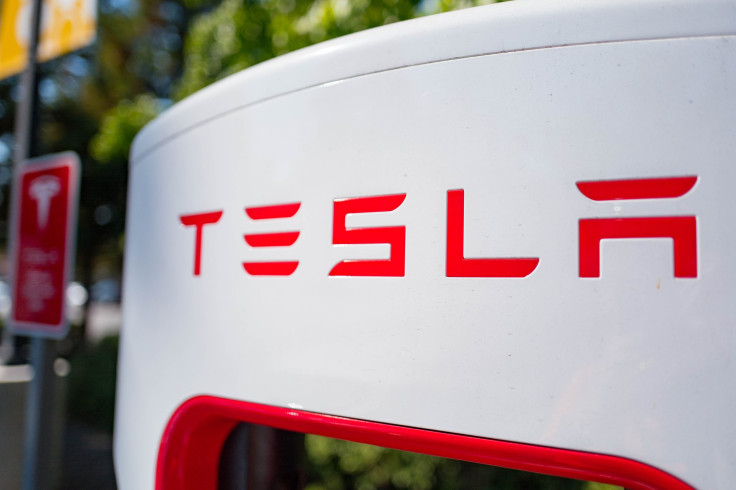Tesla Stock Hits Lowest Since 2017 On US-China Tariff Scare

One of the most heavily exposed U.S. firms operating in China, Tesla Inc. saw its share price fall sharply by as much as 6.3% to $224.50 Monday. It was the stock’s lowest intraday level since January 2017.
Tesla’s stock closed the day at $227.01, down 5.2 percent. It suffered further losses in after-hours trading and sank to $226.25, down a further 0.33 percent. It led the 27-company Bloomberg World Auto Manufacturers Index down as much as 1.6% to the lowest intraday since Jan. 7.
Analysts noted that 2019 already has the makings of becoming the worst year yet in Tesla’s brief history. The only year in which the stock recorded an annual drop was 2016, when shares fell 11 percent.
Tesla took a beating after China on Monday levied 25 percent tariffs on $60 billion worth of American imports starting June 1. President Donald Trump is expected to again retaliate for this escalation by announcing plans to impose another 25 percent tariff on all remaining imports from China amounting to some $300 billion.
While the tariffs have yet to include motor vehicle imports, the ratcheting-up of the trade war means Tesla’s EVs could become more expensive over the coming months.
“Fundamentally, there are heightened concerns surrounding China and that a prolonged trade dispute could have a significant negative impact on Tesla’s auto sales and margins after their request for a tariff exemption was recently denied,” said Garrett Nelson, an analyst at CFRA.
The increasingly drawn-out trade war against China ignited by Trump also means Tesla has to accelerate construction of its Shanghai Gigafactory to mitigate further damage from the higher tariffs. Gigafactory is expected to produce more than 2,000 Tesla EVs by the end of the year.
Tesla also has to contend with China’s auto market, which is reeling from the worst slump in a generation. Sales have plummeted each of the last 11 months as trade tensions, a stalling economy and broader consumption trends weaken demand.
Tesla wasn’t the only automaker in trouble because of Trump’s trade war, however. BMW AG and Daimler AG, the biggest importers of U.S.-built vehicles into China, saw their shares in Frankfurt close down 1.2 percent and 3.3 percent, respectively. General Motors Company lost as much as 3.8 percent while Ford Motor Company fell 3.3 percent.
China is Tesla’s largest market and one that’s vital to Tesla’s future profitability. Tesla earned over $2 billion in China in 2018 while doubling its sales.
It's estimated Tesla sold 20,000 of its electric vehicles (EVs) in China last year with its most popular model being the Model X. Tesla’s three largest Supercharger stations in the world are located in China.
© Copyright IBTimes 2024. All rights reserved.





















